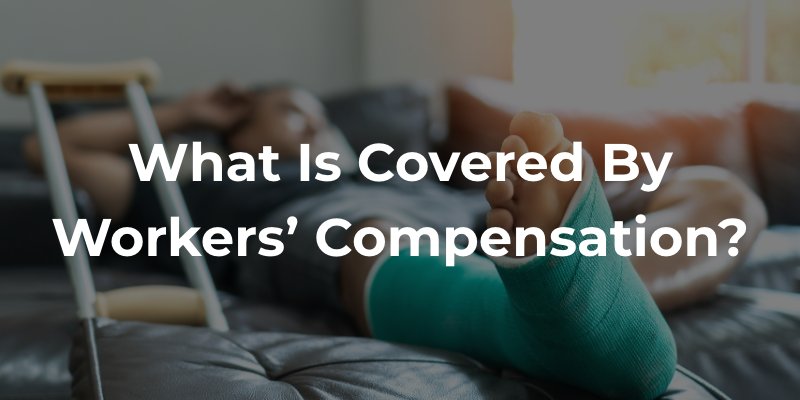Our attorneys have been assisting the Clark County
community for over 35 years.
When a person sustains an on-the-job injury in Nevada, they will likely be eligible for some type of compensation. The workers’ compensation system in this state is robust, but you need to understand who is covered by these benefits, what types of injuries are eligible for benefits, and what types of benefits are available.

When you go to work in the state of Nevada, chances are you are covered by workers’ compensation benefits. This is a good thing. If you sustain an on-the-job injury, you will likely be able to receive complete coverage of your medical bills and a significant portion of lost wages. To be eligible for workers’ compensation benefits:
We do want to point out that there are special rules for specific categories of employees. This includes farm and agricultural workers, seasonal workers, workers placed by a temp agency, and domestic workers. If you have any questions about whether or not you are eligible to receive workers’ compensation benefits after a workplace injury or illness, we encourage you to reach out to an attorney as soon as possible.
There are a wide range of injuries and illnesses individuals can sustain that are covered by workers’ compensation benefits. In general, any type of injury or illness caused by job-related duties means that a person is eligible for benefits. Some of the most common traumatic injuries associated with work injury claims include the following:
Traumatic injuries are not the only way a person can receive workers’ compensation benefits. There are various other types of occupational illnesses and diseases, as well as repetitive stress injuries, that could lead to a person receiving benefits in the state of Nevada. This includes, but is not limited to, the following:
There are various benefits available for workplace injury and illness victims in Nevada. This includes:
The most important aspect of workers’ compensation benefits is the medical treatment. When a person is eligible for workers’ comp, they will receive complete coverage of all medical bills associated with the injury. This includes any hospitalization, surgeries, follow-up doctor visits, physical therapy and rehabilitation, medical devices, prescription medications, in-home care, and more.
Temporary total disability benefits help pay lost wages for individuals if they are unable to work for more than five consecutive days or five days during a 20-day time frame. These temporary disability benefits are equal to two-thirds of a person’s monthly wage. Your employer will submit the wage verification form to the state so you can receive the benefits you are entitled to.
If an individual experiences a permanent loss of function as a result of their workplace injury or illness, they will likely be entitled to permanent disability benefits. Individuals could be permanently partially disabled (PPD) or permanently totally disabled (PTD).
Permanent disability will be based on a percentage rating determined by a physician. The greater a person’s percentage, the greater the disability. The insurance carrier will schedule an appointment with a “rating doctor” within 30 days after they receive a ratable report from a physician. Disability payments are typically made over time, but individuals can elect to receive payments in a lump sum
Individuals may be able to receive vocational rehabilitation, or retraining benefits, in order to help them return to work. Every effort is made to help an individual return to their prior job after they have recovered from their injuries. However, if a person cannot return to the same job as a result of a disability caused by the injuries but they are able to work otherwise, vocational rehabilitation and training benefits may be available.
The goal of these benefits is to help an individual find a new profession or trade so they can return to the workforce and stop receiving workers’ compensation benefits.
Individuals can receive compensation for mileage reimbursement through workers’ compensation benefits. This reimbursement will help cover expenses that individuals incur for traveling to and from doctor visits or hearings associated with the workers’ compensation claim. Additionally, individuals can request reimbursement for attendance at hearings, including lost wages, lodging, food, and travel.
If you are an undocumented worker in the state of Nevada, you are still entitled to workers’ compensation benefits. This includes coverage of all medical expenses associated with your injuries as well as lost wages if you are unable to work while recovering. We certainly understand the hesitancy to come forward in these situations, especially considering the regulatory environment surrounding undocumented workers. However, nobody deserves unfair treatment, particularly after they sustain a workplace injury.
We do want to point out that retraining or vocational rehabilitation benefits are not available to undocumented workers, but all other types of workers’ compensation benefits are.
If you or somebody you care about has sustained a work injury and are struggling to recover the compensation you are entitled to, we encourage you to reach out to a skilled work injury lawyer in Nevada as soon as possible. You deserve compensation, and your attorney will go to work on your behalf, handling every aspect of your case.